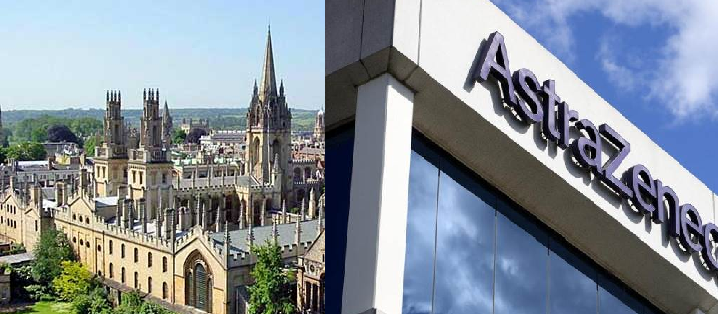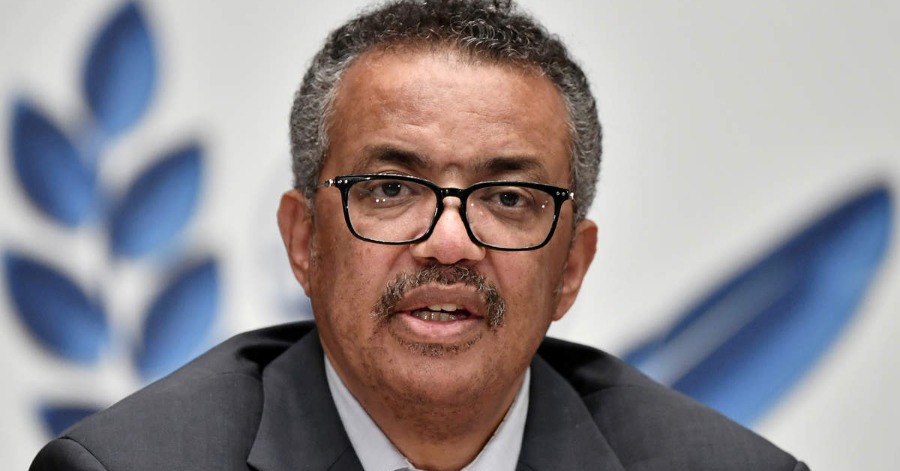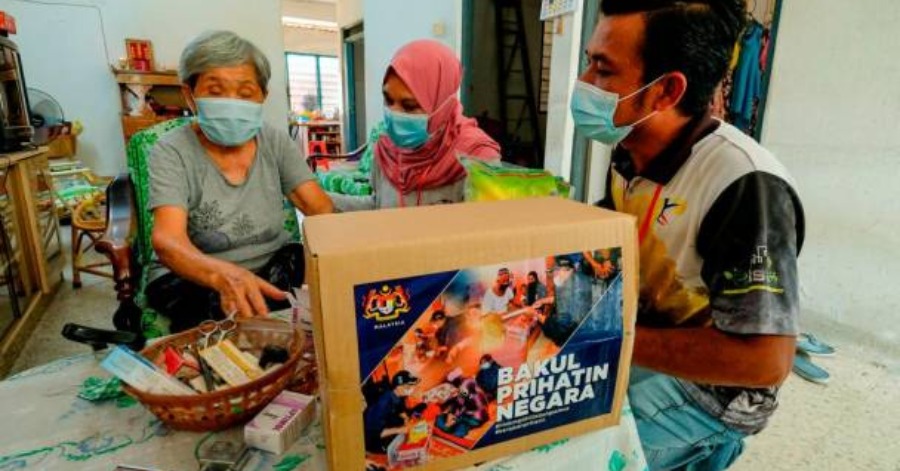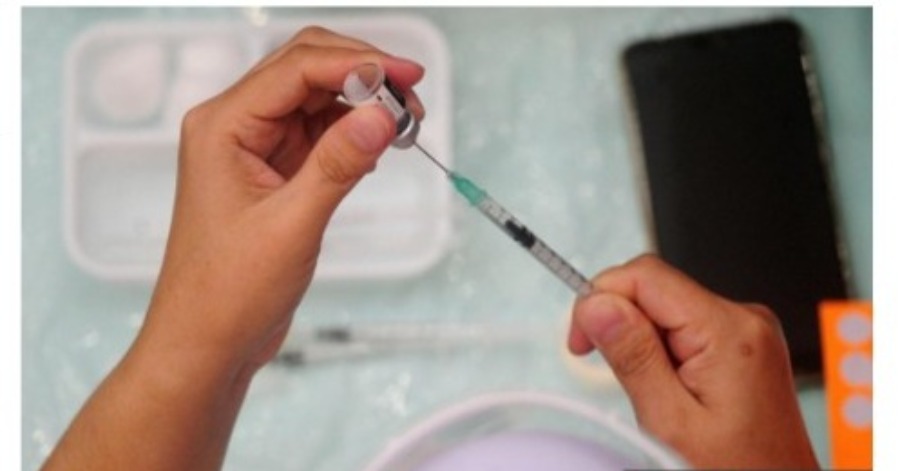Earlier in November, two vaccines were announced to be 90% effective against the global coronavirus widespread; the Moderna and the Pfizer/BioNTech COVID-19 vaccines, though some complications might occur to it having a few factors that must be taken with care.
Not long after, the University of Oxford in collaboration with AstraZeneca had also developed a vaccine that could be easily accessible throughout the entire globe.
The interim analysis showed a 70% efficacy average during the late stage-trials in the United Kingdom and Brazil, but news came on Nov. 23 that the efficacy rate depended on the dosage.
Patients that received half a dosage, then a full dosage after at least one month, showed to be 90% effective.
During another test, the patients were given two full doses, which the effectiveness rate was only 62%.
Sarah Gilbert, project leader from the University of Oxford, explained the factors as to why that occurred in an interview;
“We will be digging into the details of exactly why we get a better efficacy with the half-dose, full dose than what so far we’ve seen with the two full doses.
It may be because that better mimics what happens in a real infection, so what we should always try to do with a vaccine is fool the immune system into thinking that there’s a dangerous infection there that it needs to respond to – but doing it in a very safe way.
So we get the immune response, and we get the immune memory and that’s there waiting and ready.
If the pathogen itself is then encountered and it could be that by giving a small amount of the vaccine to start with, following up with a big amount, that’s a better way of kicking the immune system into acting and giving the strongest and effective immune response.
But, more work to do on that.”
The Moderna and Pfizer/BioNTech vaccines are both needed to be kept in below-freezing temperature storage, and it might not be as simple to distribute the vaccines to the other parts of the world that won’t probably have the right facilities for it.
While the Univ. Of Oxford/AstraZeneca vaccine could be kept in normal refrigerated temperature.
The University of Oxord and AstraZeneca had pledged that they would not make a profit from this discovery, as they wish for it to be for everyone of all groups, especially those coming from low-income countries.
The vaccines will cost roughly around $3-$5.
The vaccine will also seek emergency use listing from the World Health Organization (WHO) so that it would be quickly distributed to everyone in need.
Source: BBC, Twitter @nowthisnews, Twitter @BorisJohnson, Youtube









Leave a Comment